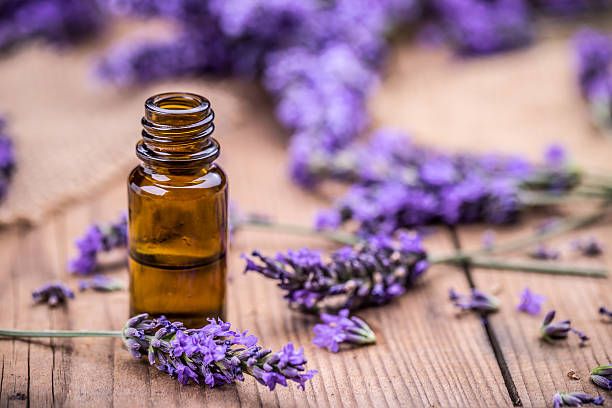Unveiling the Benefits of Clinical Aromatherapy
Clinical aromatherapy, a practice that utilizes essential oils to promote physical, emotional, and mental well-being, has garnered attention for its potential therapeutic benefits. While it has been used for centuries, our ancestors and even grandma knew, but its integration into clinical settings has provided a unique dimension to modern healthcare. Let's delve into the significant advantages of clinical aromatherapy.
1. Stress Reduction:
Clinical aromatherapy is known for its stress-relieving properties. Certain essential oils, such as lavender, chamomile, and bergamot have been shown to help reduce anxiety and promote relaxation, offering clients and healthcare professionals a natural method to manage stress levels.
2. Pain Management:
Essential oils like peppermint and eucalyptus, frankincense and copaiba have demonstrated analgesic properties, making them valuable in pain management. When used in clinical settings, these oils can complement traditional pain relief methods, potentially reducing the need for higher doses of pharmaceutical interventions, also avoiding dependence on potentially addictive medicines.
3. Mood Enhancement:
Aromatherapy can positively impact mood and emotional well-being. Citrus oils, for instance, are often used to uplift spirits and promote a sense of positivity. Incorporating these oils in clinical environments may contribute to a more pleasant and supportive atmosphere for clients and practitioners alike.
4. Improved Sleep Quality:
Certain essential oils, including lavender and vetiver, are believed to aid in improving sleep quality. By diffusing these oils in clinical settings, clients may experience a more restful environment, potentially enhancing their overall healing process.
5. Enhanced Cognitive Function:
Some essential oils are thought to have cognitive benefits. For instance, rosemary and peppermint oil have been associated with improved cognitive performance and mental clarity. This could be particularly beneficial in environments where mental acuity is crucial, such as in rehabilitation situations or during university exams.
6. Complementary Support for Symptom Management:
Aromatherapy can complement traditional treatment methods by offering additional support for symptom management. In clinical settings, this can be especially valuable for conditions such as nausea, headaches, and respiratory issues.
7. Non-invasive and Low-Risk:
When used appropriately, clinical aromatherapy is generally non-invasive and carries minimal risk of adverse effects when compared to certain pharmaceutical interventions. This makes it an appealing option for individuals seeking natural and holistic approaches to healthcare.
In reality, the integration of clinical aromatherapy into healthcare settings offers a range of potential benefits, encompassing physical, emotional, and mental well-being. As research in this field continues to evolve (check out essential oils at pubmed.gov), it's essential to recognize the promising role that aromatherapy can play in enhancing the overall patient experience and supporting comprehensive healthcare practices.
Remember, before integrating aromatherapy into any clinical setting, it's crucial to consult with qualified aromatherapists or healthcare professionals to ensure safe and effective use. I am available to consult as a certified aromatherapy health professional.
Here's to the aromatic journey towards holistic well-being!

